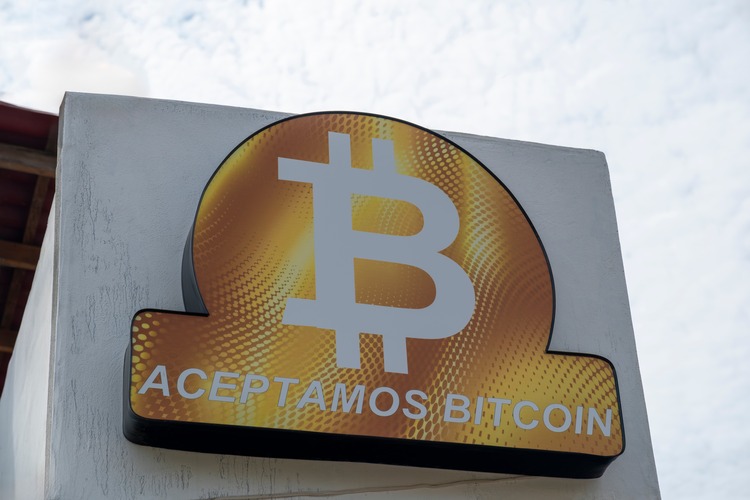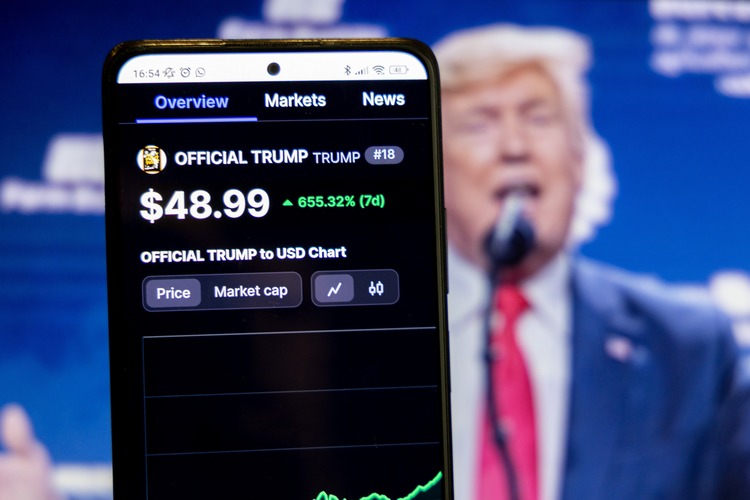
El Salvador’s attitudes to Bitcoin are changing. Doug Specht explores why and considers how other nations are sizing up cryptocurrency
By Doug Specht
El Salvador made headlines in 2021 when it became the first country in the world to adopt Bitcoin as legal tender. This bold move, spearheaded by President Nayib Bukele, was seen as a groundbreaking experiment in cryptocurrency adoption at a national level. However, recent developments suggest that the Central American nation is now taking a more cautious approach to its cryptocurrency policies.
Enjoying this article? Check out our related reads:
When El Salvador first embraced Bitcoin, President Bukele presented it as a solution to several economic challenges. El Salvador was seeking to reduce dependency on the US dollar, while also facilitating easier remittances from Salvadorans abroad. Bukele also saw Bitcoin as a way to boost the country’s GDP through cryptocurrency investments.
From a more personal perspective, Bukele, who is known for his tech-savvy image and social media presence, saw this move as a way to position El Salvador at the forefront of financial innovation.
However, in February 2025, El Salvador began dialling back its ambitious Bitcoin policies, implementing significant changes to its cryptocurrency law. Shopkeepers are no longer obliged to accept Bitcoin alongside the US dollar; instead, businesses can now choose whether to embrace digital coins or stick to traditional currency. This voluntary approach marks a stark departure from the government’s initial enthusiasm for widespread Bitcoin adoption.

Plans for wholesale adoption have also been pushed back by Bitcoin’s status being downgraded – it has lost its designation as a ‘currency’, although retaining its position as legal tender. Moreover, the digital asset can no longer be used to settle tax bills or government debts, further limiting its practical applications.
The reason for this change would appear to be the influence of the International Monetary Fund (IMF). With El Salvador seeking a hefty £1.4 billion loan, the IMF’s weight has proven pivotal. The lending giant had long expressed concerns about the fiscal risks associated with El Salvador’s crypto-friendly stance and has taken the opportunity to curtail its use. This intervention is unlikely to have a direct impact on the majority of the population as adoption of bitcoin remains low. A recent survey revealed that 92 per cent of Salvadorans didn’t use Bitcoin for transactions in 2024, highlighting the gap between governmental ambition and public uptake.
Despite these changes and challenges, President Nayib Bukele’s government continues to stockpile the cryptocurrency, recently adding 52 Bitcoin to the national coffers. With a total of 6,055 Bitcoin in reserve, El Salvador hasn’t given up on its digital asset strategy entirely. As the country navigates this cryptocurrency crossroads, the world watches with keen interest.
El Salvador’s experiment offers valuable insights into the complexities of integrating digital currencies into national economies. While the dream of a Bitcoin-powered economy may have been deferred, it’s clear that its crypto journey is far from over.
Cryptocurrency around the world
Many nations have been watching Bukele’s experiment closely, assessing whether the potential benefits of cryptocurrency adoption outweigh the inherent risks. El Salvador’s journey has illuminated the complex challenges and varied approaches that countries are taking toward digital currencies.
The Central African Republic (CAR) followed El Salvador’s lead in 2022, venturing into uncharted territory by also making Bitcoin legal tender. However, the CAR’s experience highlights the significant obstacles faced by nations with limited infrastructure. With low rates of internet penetration and a population largely unversed in digital finance, the CAR’s attempt to integrate Bitcoin has been fraught with difficulties, raising questions about the practicality of such policies.
Beyond these two trailblazers, several other nations have expressed an interest in cryptocurrencies, albeit without fully embracing them as legal tender. Countries like Cuba and Venezuela, grappling with economic sanctions and seeking to circumvent traditional financial systems, have explored the potential of cryptocurrencies to bypass restrictions and facilitate international transactions. However, their approaches have been more cautious, focusing on the use of cryptocurrencies for specific purposes rather than wholesale adoption.
Conversely, a significant number of countries have adopted a far more restrictive stance on cryptocurrencies. Economic powerhouses such as China and India have implemented stringent regulations, heavily curtailing the use of digital currencies within their borders. These nations cite concerns about financial stability, money laundering, and the potential for cryptocurrencies to undermine state control over monetary policy. Having said that, there have been suggestions that both countries may be looking to open their crypto markets.

In the US, cryptocurrencies seem to have become a rite of passage for every influencer and social media star, with most of the world’s 1,882 currencies launched in 2024 being done by Americans. Even the inauguration of Donald Trump was awash with conversation about the launch of $Trump, a meme-based coin that encouraged investors with the prospect that its value would rise significantly following Trump’s swearing-in. In a typically contractionary way, Trump has also expressed scepticism towards cryptocurrencies, often voicing concerns about their potential to undermine the dominance of the US dollar and their role in illicit activities.
The diverse range of approaches highlights the lack of a unified global consensus on cryptocurrencies. Each nation is weighing the potential benefits against its own unique economic circumstances, regulatory frameworks, and geopolitical considerations. As El Salvador continues to navigate its cryptocurrency crossroads, the world watches with keen interest, seeking to glean valuable insights from its successes and failures.
The future of digital currencies in the global economy remains uncertain, but El Salvador’s experiment has served as a timely reminder of the broader crypto landscape: a volatile and often murky space where hype and misinformation can easily cloud the truth. The proliferation of unofficial coins and tokens, often capitalising on popular figures or current events, highlights the need for caution and critical thinking when navigating the world of digital assets.
El Salvador’s experience serves as a crucial case study. It demonstrates that while cryptocurrencies may offer innovative solutions to economic challenges, their integration requires careful consideration of practical, regulatory, and social factors.




